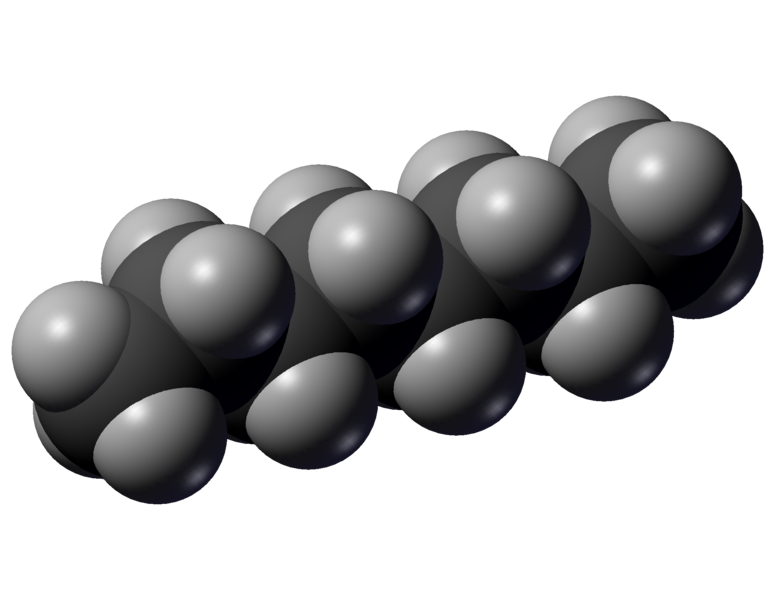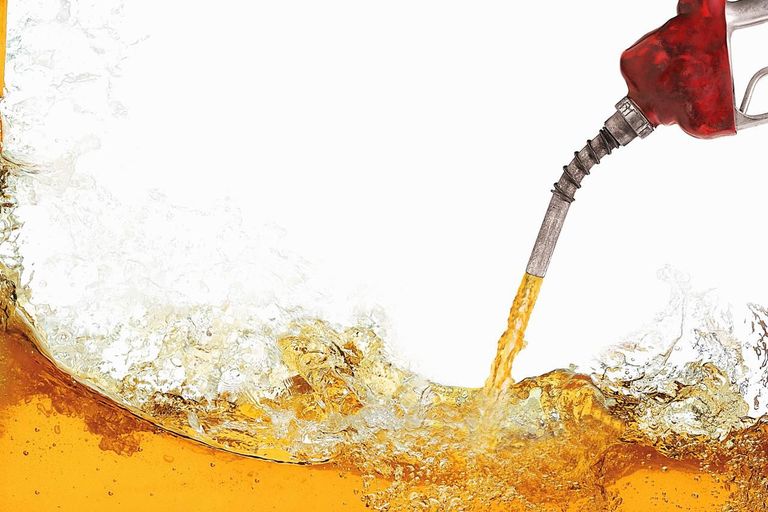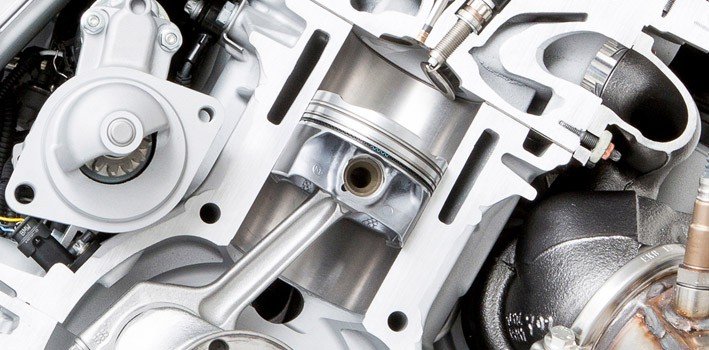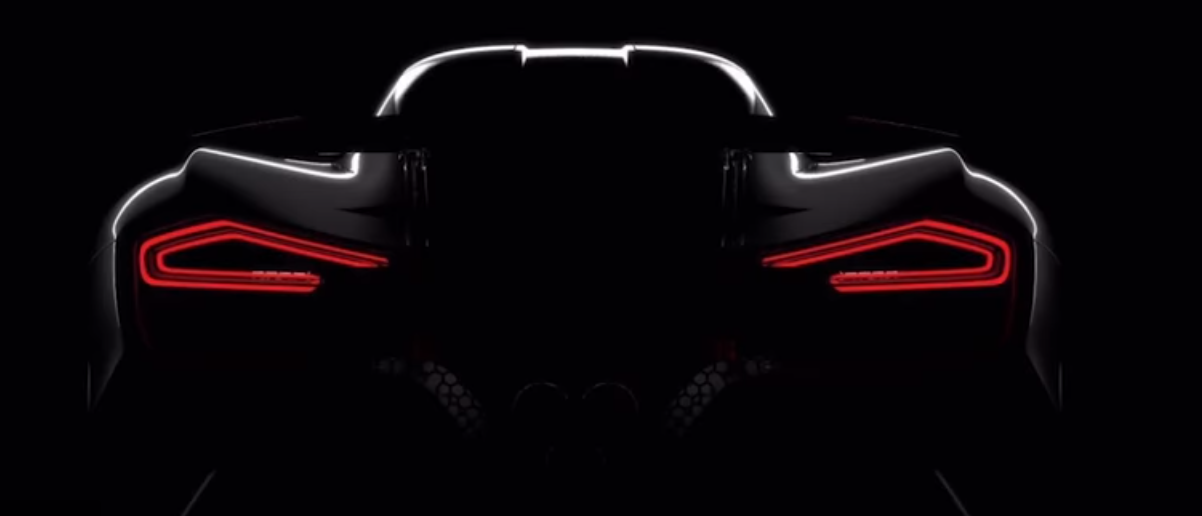What Kind Of Fuel Should You Put In Your Car?
We’ve all been there. Pulling up to the pumps, you pretty much know what grade of petrol or diesel you should be putting in your car’s fuel tank. Yet, there’s always the temptation to be rebellious.
We’ve all been there. Pulling up to the pumps, you pretty much know what grade of petrol or diesel you should be putting in your car’s fuel tank. Yet, there’s always the temptation to be rebellious. You may have wanted to fill your tank with premium fuel in the hopes of getting better performance from your Honda Civic; or fill your BMW up with regular fuel to save a bit of money. Is this a good idea?
The short answer? No. Use the fuel recommended by your owner’s manual. In order to explain why, let’s take a look at what octane actually does.

Octane is what’s known as a hydrocarbon, a molecule made up of carbon and hydrogen atoms. When combined with oxygen molecules and a source of ignition, hydrocarbons create a special chemical reaction called combustion. In other words, octane is the chemical in petrol that makes it explosive.
The number that you see on the gas pump is the octane rating. The octane rating is a measurement of the fuel’s ability to withstand premature detonation due to compression inside the combustion chamber. Contrary to popular belief, it is not a measure of the amount of octane in the fuel. Rather, the octane rating is calibrated according to the knocking resistance of isooctane (pure octane) and heptane. Heptane has an octane rating of 0, while pure octane has a rating of 100. The octane ratings of commonly available petrol vary from region to region. Where I live, 87-octane gasoline is considered “regular”, and most “premium” gasoline is 91-octane.

It’s important to know the recommended octane rating for your vehicle. This is because engines are designed and engineered differently, and these differences may require the vehicle to run on a higher-octane fuel. Most commonly, especially in European vehicles, engines with high compression ratios require petrol with a higher octane rating. With higher compression ratios, the risk of engine knocking increases. Knocking occurs when the fuel-air mixture ignites when it isn’t supposed to. In a four-stroke engine, this happens when the mixture ignites (due to compression) before the power stroke. This can result in a distinct pinging or knocking sound coming from the engine, and can potentially cause serious damage to the engine over time.
Engine knock can occur for many different reasons, but compression issues are one of the most common causes. Fuel quality can affect the timing of the combustion cycle, especially when too low-octane fuel is being burned. This results in a loss of power, a loss of efficiency, and can result in engine knocking.

Back to the original question: what happens when you use the wrong grade of petrol in your car? The answer to that depends on the age of your vehicle. Newer engines, especially ones with variable valve timing, have knock sensors able to adjust to achieve the optimal performance characteristics given the type of fuel that is being burned. Older engines without such technology simply won’t run properly, and are more likely to experience knock.
Generally speaking, if your car was designed to run on premium fuel, put premium fuel in the tank. This is especially true of older engines that are more susceptible to knocking. Some newer engines will come with an octane rating that says something to the effect of “Premium fuel recommended for optimum performance”. This could mean that your engine may still be able to run on regular fuel without risking engine damage, although the power output and overall engine performance will decrease. However, it’s still best to use premium fuel.
But what happens when you use premium in a car that’s designed to run on regular petrol? The answer: probably not much. Since premium fuel only reduces the likelihood of engine knock, running it in an engine that’s already optimized for regular fuel shouldn’t provide any real improvement. Having said that, it won’t hurt your engine, but it will hurt your wallet.

Want to test your general mechanical knowledge? Take this quiz to find out how much you know!

Comments
Minimum octane my car takes is 91. We only get 87, 89, 93 in America. So 93 for me lol. I try to go to a decent station though. Some protective additives in the fuel is what I look for
Well my BMW runs on almost everything except water and Diesel
Ladas are designed to run on spicy water (aka the equivalent of Russian gas)
In Portugal we only have 91 and 98 octane
Good article. Hope to see one soon explaining the differences between the American octane rating system vs the European system vs the Asian system.
Lol the lowest I saw in poland was 95 and premium is 98-100 octane
i always have to laugh when i see in come countries 91 octane is market as premium :D even in a shithole like slovakia is 95 just a regular fuel. claiming 91 as a premium is like drinking shots of 16% alcohol instead of 50%.
Can’t wait to play fun facts with my girl this afternoon at the gas station!
I put diesel fuel in my petrol car when I’m feeling rebellious.
[DELETED]
Pagination